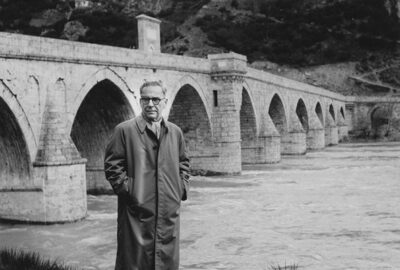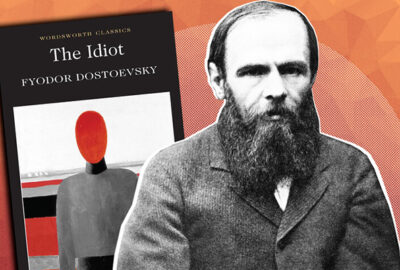“Finding Miracles” by Julia Alvarez is a touching and insightful novel that explores themes of identity, belonging, and the meaning of family. The story revolves around Milly Kaufman, an adopted girl living in Vermont who was born in a war-torn country in Latin America. Despite her loving adoptive parents, Milly has always felt out of place, struggling with questions about her origins and identity.
The novel takes a turn when Milly encounters Pablo, a new student at her school who is a refugee from her birth country. Their friendship blossoms, and Pablo shares stories of their homeland, stirring a longing in Milly to discover more about her birthplace and heritage. As she learns more about the country’s troubled past, she becomes determined to uncover the truth about her own past.
Milly’s journey is one of self-discovery, as she grapples with the complexities of her dual identity. She is torn between her American upbringing and her Latin American roots. The novel beautifully portrays the emotional struggles of an adopted child trying to find her place in the world, and the profound impact of knowing one’s origins.
Throughout the story, Alvarez masterfully weaves in themes of love, loss, and the resilience of the human spirit. Milly’s quest to find out who she really is and where she belongs is both heart-wrenching and uplifting. “Finding Miracles” is a poignant tale that will resonate with anyone who has ever searched for their place in the world or wondered about the ties that bind us to our past.





